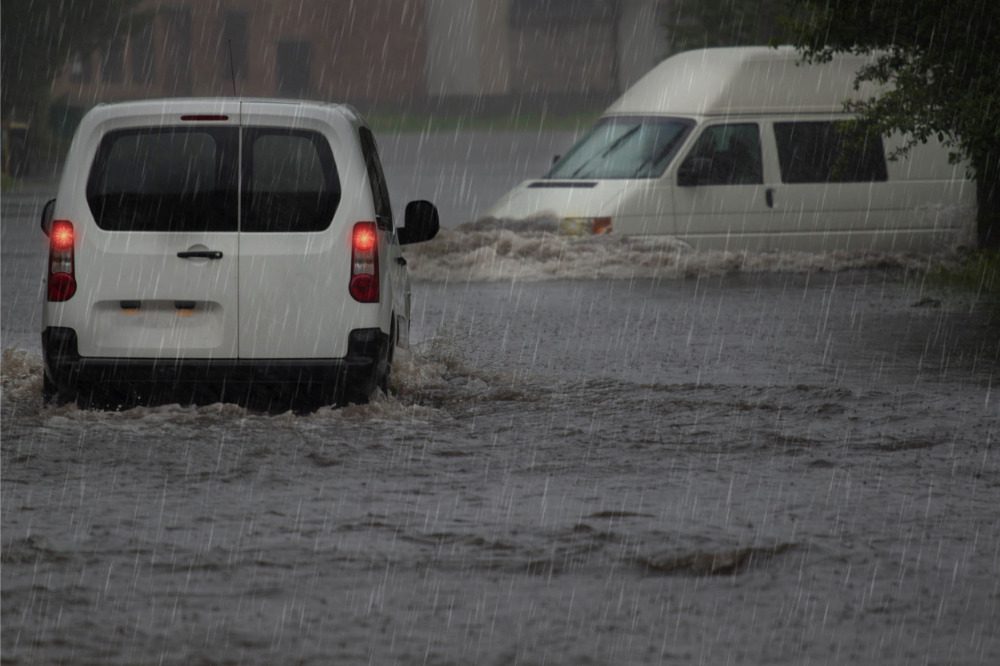South Korea floods could hurt non-life insurers’ earnings

Losses from the widespread flooding that affected parts of South Korea are expected to “place pressure” on the earnings of the country’s non-life insurers, according to commentary published by credit rating agency Fitch Ratings (Fitch).
Dubbed one of the worst storms to hit South Korea in 80 years, the torrential rainfall that inundated various parts of Seoul, Gyeonggi Province and Incheon throughout the past week has already led to over 9,100 motor damage claims as of Aug. 11, with the General Insurance Association of Korea estimating losses of up to KRW127 billion (S$133 million). This number is likely to climb to over KRW150 billion (S$157 million) as more insurance claims come in, considering that the floods had wrought damage to motor vehicles and properties, and even paralysed train and subway services in certain areas.
These losses “will be material to the non-life insurance industry,” said Fitch, especially with the motor insurance sector receiving most of the claims. South Korea’s motor business constitutes a significant part of the industry, accounting for about 21% of the total non-life premiums written in 2021. Since flooding risk is underwritten on a commercial basis, the ability of insurers to recover part of their losses depend on their reinsurance arrangements in terms of the structure, coverage limits and exclusions.
“The average risk-retention ratio for the motor business of the non-life insurers was 92% in 2021,” the Fitch report said. “Direct insurers may have to absorb larger claims if they have not made arrangements for catastrophe coverage on their portfolios. The average regulatory risk-based capital ratio for the non-life industry was 210% at end-March 2022, above the regulatory minimum of 100%. The availability of a capital buffer, which varies from company to company, would also provide some much needed relief to cushion flood losses.”
Fitch said the flooding in South Korea highlights the challenge of climate change within the global insurance industry, necessitating that both insurers and reinsurers are properly equipped with “appropriate risk-modelling or catastrophe-management frameworks” that allow room for potential natural hazard losses for selection, underwriting, premium pricing, or capital management.
“The increased frequency of natural disasters has led to a notable increase in the number and size of claims related to changes in climate patterns across the globe,” Fitch said.





